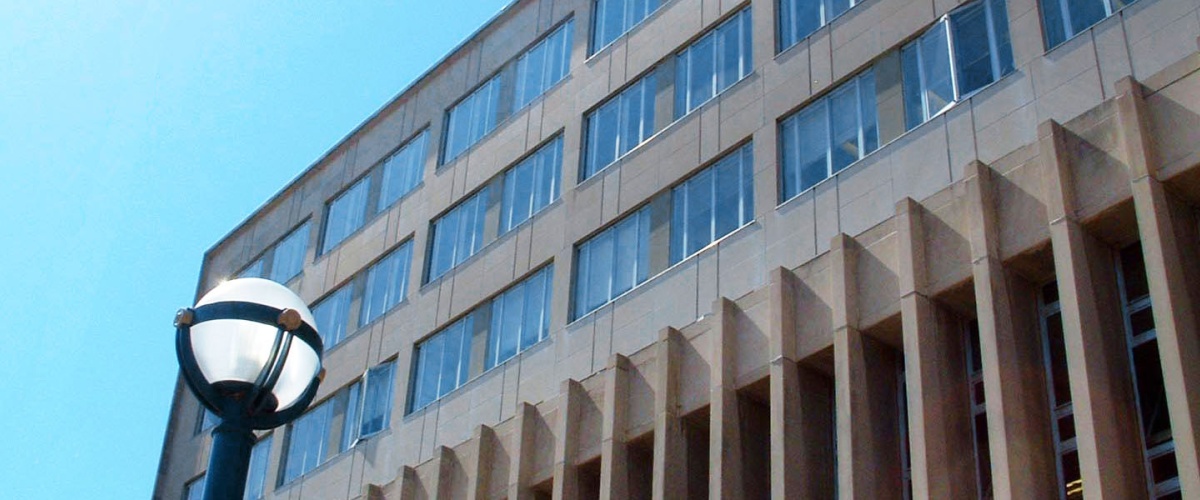
Defunding The Police, Refunding The Body Politic
postedHi Everyone.
Defund the police? What does this even mean?
As a white male of privilege, I'm trying hard to listen, learn, and speak out.
Here's my process on the topic of "defunding the police."
In response to the murder of George Floyd, there's a cultural and political movement gaining steam. Celebrities including John Legend, Lizzo, and Common have signed a letter stating now is the time to defund the police and invest in black communities.
Defunding the police can be viewed in the context of the dramatic expansion of responsibilities we've assigned to the police over the last 40 years and the commensurate increase in police budgets. It can also be viewed in the context of a historical analysis that situates the origin of policing in this country as an instrument of white supremacy.
The challenge before us is to defund the police while simultaneously refunding the body politic. Our present moment demands robust investment in public health broadly defined: Safe and affordable housing, food security, early childhood education, drug treatment, job training and community-based economic development.
Public health approaches to public safety have been proven to reduce crime. Cure Violence is a non-profit whose research into policy measures aimed at violence prevention demonstrates that an informal, community-centered, relationship-based approach to public safety actually works better than the formal control measures backed up by state-sanctioned violence.
We call on the police when someone is mentally ill and acting out, when a homeless man is panhandling or pissing in the street, when someone is having a bad reaction to mushrooms like Tony Robinson, or when someone is passing a fake $20 bill, intentionally or otherwise, like George Floyd. The police become our first-line of response. We have underfunded community assets, and instead rely on an overburdened police force to "keep the peace." Yet all too often, things go horribly wrong.
The injustice persists and gets swept under the rug, but that can only go on so long.
The unrest of recent days is a testament to what happens when the people say Enough.
It's time to go in another direction, to explore new models of transformative justice.
What that direction could look like has already been sketched out in the MPD POLICY & PROCEDURE REVIEW AD HOC COMMITTEE REPORT, which I've linked here.
Recommendation #40 states "The Mayor and Common Council should further expand the use of a public health approach to curb violent crimes."
Take a moment to read, starting on page 56.
The answers are hidden in plain sight.
Next time you hear Defund The Police, think Refund Our Communities, Investing in Community-Centered Programs, particularly programs centered in historically-oppressed black communities like those right here in higly segregated, liberal, progressive Madison.
Defunding the police sounds scary to white people, me included. But I've never regarded the police as a threat. That's not the case for black people. Defunding the police sounds scary only when I refuse to let go of white privilege and move forward, however uncomfortably, to where we need to go.
It's a struggle, how to move forward, which brings to mind that famous quote by Frederick Douglas: "If there is no struggle, there is no progress."
To be anti-racist is to join in on that struggle and to commit ourselves to real, no bullshit, progress.
Listening. Learning. Speaking Out.
Tag
